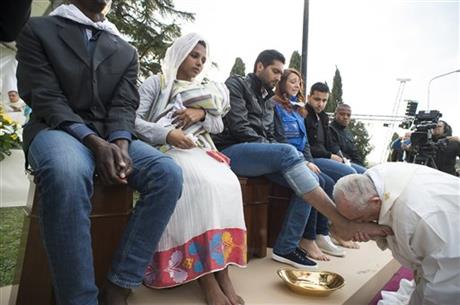[core topic]
This is part of an ongoing series
on strategically inclusive leadership.
Read the introduction here.
This idea comes partly from reading the article “Names That Matter: Exploring the Tensions of Campus LGBTQ Centers and Trans* Inclusion” by Marine & Nicolazzo. The authors studied campus LGBTQ centers to see how much focus they put on each of the letters in their name (L, G, B, T, and Q). In particular, they were interested in knowing if the focus was mostly on lesbian and gay students, and how much transgender people were included and supported. They surveyed the programs, events and services offered to find out.
You can read the article to find out what their findings were, if you want, but the real point is that there are minorities within any minority, and these minorities that can be minoritized, neglected, forgotten or oppressed even by the minority demographic that they are part of. For example, think of the wide range of disabilities that people can have, and how some of these are talked about a lot, some of them we hear about sometimes, and others are never heard about and in fact you might not even know they exist. The key point is not so much whether they are heard about or whether you know about them, but whether the lesser-known ones receive equitable treatment and support and resources. Are they included or not?
Within this strategy / concept, if you are leading a community organization, or an employee resource group, or other groups of minoritized and racialized people, consider: of the people who are part of your demographic or community, who is left out, neglected, excluded?
The second thing to do is to take action. The following quote from Yvette Flunder, a Black lesbian Bishop (from her book Where the Edge Gathers) is enlightening for this part:
"An authentic ethic of inclusion must reach from the center
to the farthest margin and work its way back."
If you wish to be inclusive, those who are at the center need to reach out to those at the farthest margins and work to bring them to the center.
strategic inclusion: within my demographic, who is at the margins? Who is the minority within the minority? How can those at the center include, serve, embrace those at the margins?







